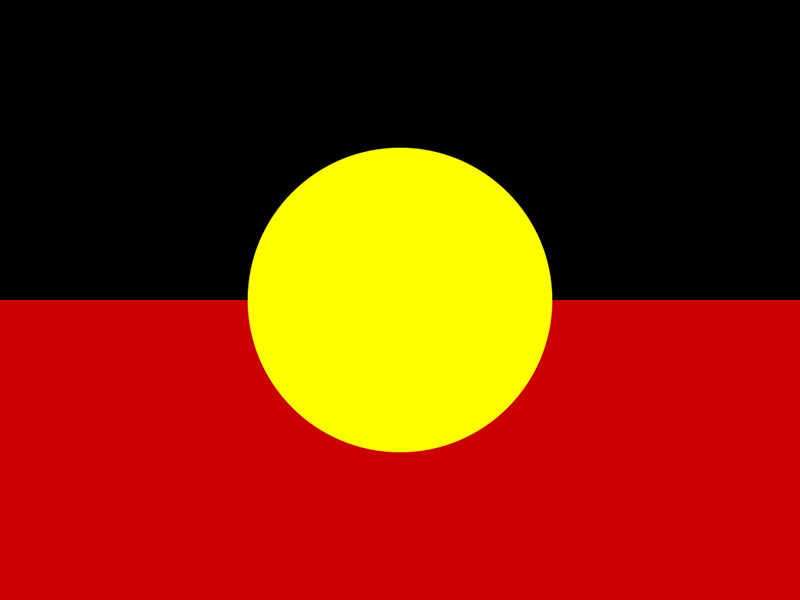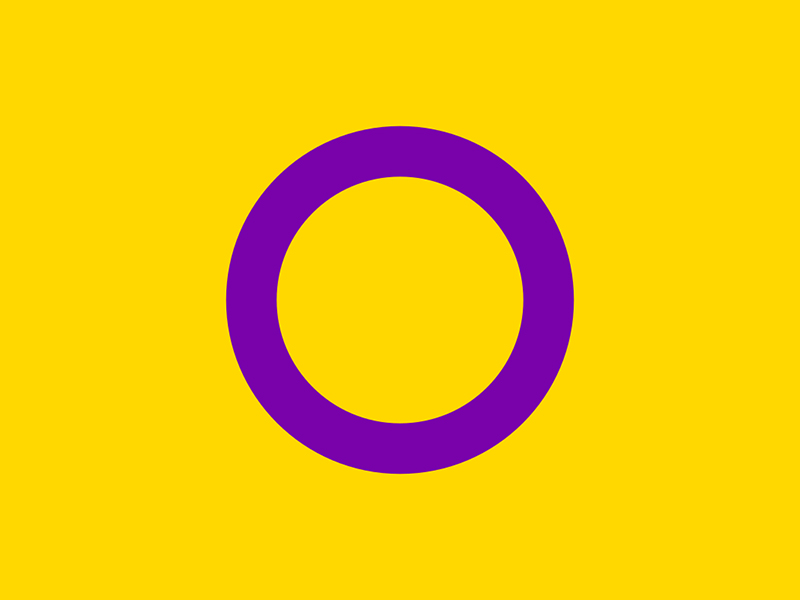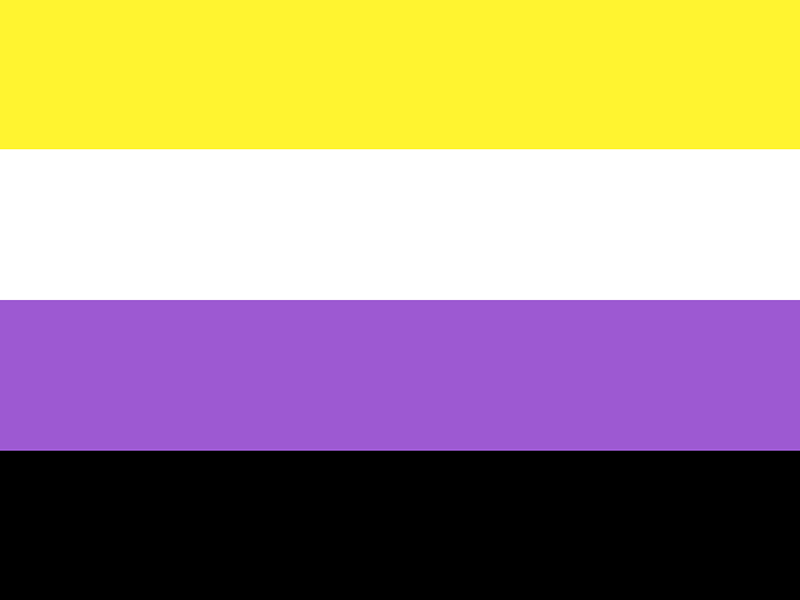What is a safe space?
A safe space is a place or environment in which people can be confident that they will not be exposed to harassment, discrimination, criticism, or other emotional or physical harm. For those who are vulnerable or in marginalised communities (like many LGBTIQA+ people), a safe space allows for people to be their authentic self and allows people explore their identity and sense of self.
Why are safe spaces important?
Safe spaces are important are they allow people to feel comfortable to be free and express themselves. For a lot of people, a safe space may be the only place in their life where they can be their true selves. It can be a space for exploration, a space for expressing, a space for comfort, a space to breathe, a space to relax, a space to be who you want to be.
How to create a safe space?
There are many different considerations when creating a safe space – people, physical environment, policy and procedures are all areas that should be looked at!
People
How you and the people around you ask plays an essential role in creating safe spaces.
- Educate yourself: Do your own research to better understand and correct misinformation that you hear.
- Don’t assume: Even if you have LGBTIQA+ friends already, it’s important to know that every person’s sexuality, gender identity and gender expression may be different. Rather than make assumptions, ask if you are unsure, and listen to the answer.
- Respect pronouns: Include pronouns in social media bios, email signatures and name badges. Introduce yourself with your pronouns when you meet new people – even if you are cisgender!
- Check your privilege: Be sure to listen and consider which voices are not being heard. Understand how issues including racism, ableism, ageism, religious oppression and other forms of bigotry intersect with people’s identity and affect their experiences in the LGBTIQA+ community.
- Advocate: Support and use your voice, skills and privilege to call out discrimination, stigma or any disadvantage you are aware of.
- Listen and understand: Each individual is the expert of their own experience. It is important to simply listen and accept what the person is saying. Avoid grouping people’s experiences, their understanding of self and expression based on a label or title.
- Call out harmful behaviour or language: Call out any hurtful language, remarks or jokes that are inappropriate. Seek out other allies who will support you in this effort.
Physical environment
There are lots of ways you can help make the physical environment safe for LGBTIQA+ people, especially if you are a business, service, organisation, school or community space.
- Visibility: Display safe space or rainbow posters/stickers around the space and on the front door. You can wear pronoun/rainbow badges and a rainbow lanyard. Visibility does not always need to be overt and in your face, it can be just enough for people to know it is a safe space.
- Consider diverse experiences: The LGBTIQA+ community is broad and diverse, and your resources, posters, advertising and other info should reflect that. For example, a sexual health clinic should have resources that provide information on more than just the needs of cisgender and heterosexual people.
- Bathrooms: If possible, avoid having gendered bathrooms, especially if you already have single-stalled toilets. Equip all bathrooms with sanitary bins. Try to avoid allocating disabled toilets as the only gender-neutral/all-gender toilets, as these toilets are designed for people living with disabilities.
- Work with your community: Work with LGBTIQA+ people who may frequent the space or service and learn what they may want to see in the space.
- Avoid tokenistic responses: Ensure that if you are promoting a safe space you are doing the other work to ensure it is a truly safe space.
Policies and procedures
The policies and procedures that guide a business, school or organisation have the real ability to support and include LGBTIQA+ people. Having policies that specifically mention LGBTIQA+ issues is a really great way to create a foundation of protection, whether that is anti-discrimination policies, procedures around supporting transitions in the workplace/school, or codes of conduct that call out bigotry.
There’s lots you can do but it can also feel like a massive task at times. Feel free to contact us to see how we can support you in making inclusive policies.
What if I have issues at a safe space?
Although safe spaces are trying to be inclusive, they can sometimes miss the mark or do the wrong thing. If you have any issues with a place that calls them a safe space, it’s helpful to let them know. Giving feedback and sharing your experience to a service or space lets them know what they need to work on and gives them the opportunity to do better.
- Call it out: If you feel safe to do it, have a respectful chat with a staff member or someone in charge and highlight the issue.
- Give your feedback: Sometimes talking about issues with a space in person can be daunting or you may feel overwhelmed. If you feel safe to do so, it can help to provide feedback by email or reaching out via social media.
- Talk to us: It can be hard to have those conversations, so feel free to contact us. We can do that work for you!






